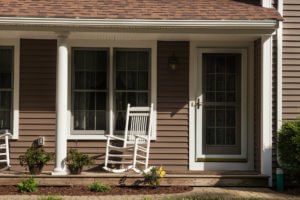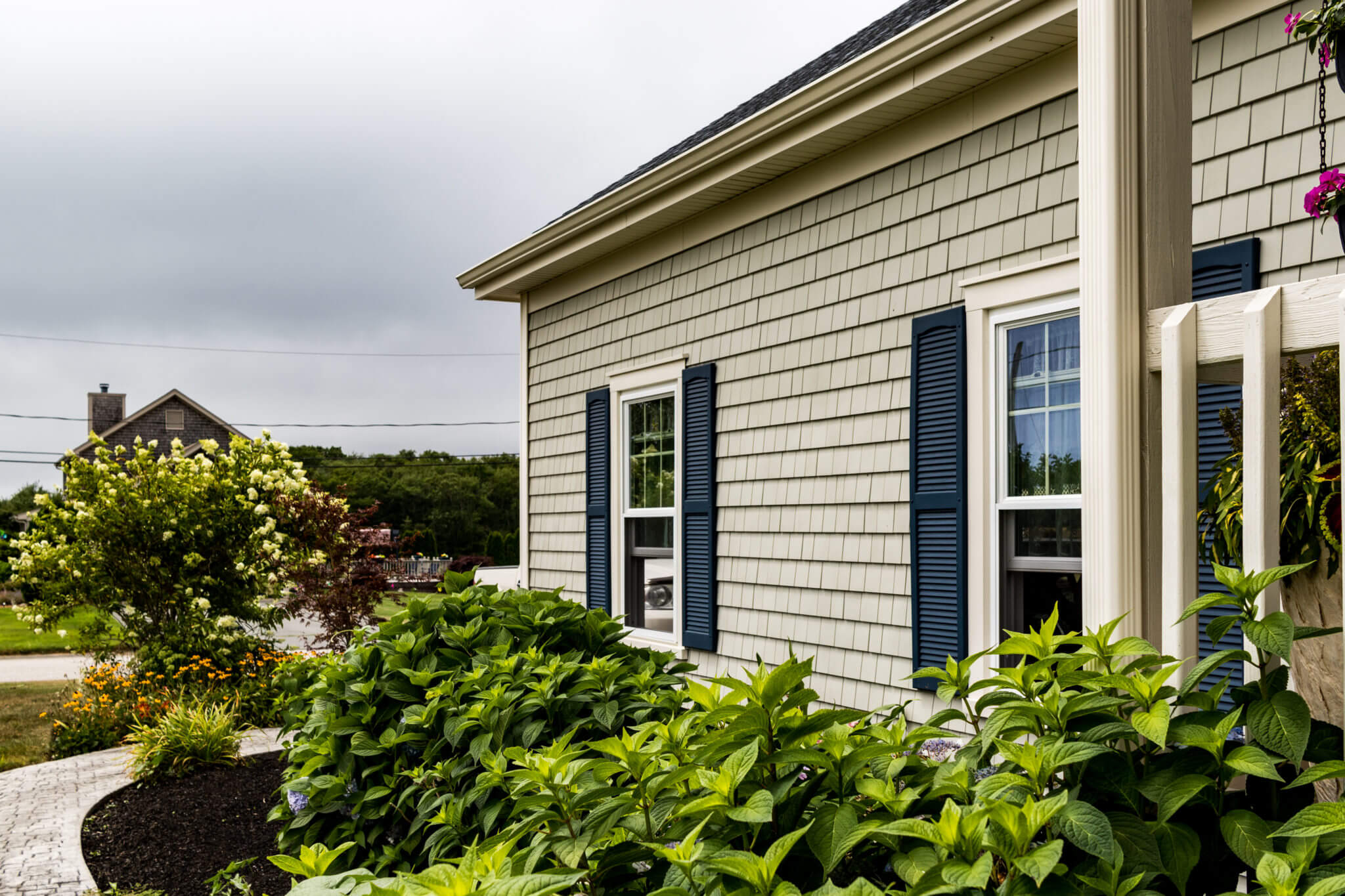
How to Prevent and Remove Ice Dams

When it comes to ice dams, prevention is the best medicine to protect your roof and interior from water damage. Here are some steps you can take to minimize the formation of ice dams on your roof, ways to remove those that have formed, and a unique approach for stopping roof leaks when they start.
How Do Ice Dams Form?
When snow sits on your roof for an extended period of time, there is a chance that the heat from your house can start to melt it from underneath. This is more prevalent in homes with less attic insulation. When this snow melts, it runs down and refreezes at your roof line. Over time, if you do not remove the snow or ice, an ice dam can grow large enough to prevent water from draining off the roof. This back-up of water can make its way under your roofing shingles and into your home.
Preventing Ice Dams On Your Roof:
- Remove snow from your roof after every storm with a roof rake. Start by removing the first 3-4 feet closest to the gutter, working your way up the roof. This helps prevent the formation of ice dams, and removes the extra weight burden from your roof. If you cannot safely remove the snow yourself, always seek the assistance of a professional.
- Clear snow and ice that accumulates around your downspouts. By removing snow from your downspouts, you lessen the likelihood of standing water by allowing the water to drain.
- A long-term strategy is to insulate your attic to keep the heat from your house out. This will halt that melting and freezing cycle. Also check for and seal places where warm air can escape from your home and make its way to the attic, like chimneys, attic hatches, light fixtures, and exhaust fans.
Removing Ice Dams From Your Roof:
- Melt the ice and create a channel for trapped water to escape. The best way to do this is to fill a nylon stocking with calcium chloride ice melt and place it on top of the ice. Try to position the stocking vertically across the ice, with a bit overhanging the edge of the gutter. Be sure to only use calcium chloride, not rock salt, which will damage your roof. Note that shrubbery and plants below the gutters and near downspouts may be damaged by the calcium chloride.
- Get professional help with ice and snow removal. Removing snow and ice from your roof can be dangerous for some and impossible for others. There are companies that specialize in snow and ice removal. Seek them out, if you need assistance.
Stopping Roof Leaks Caused By Ice Dams:
- If you cannot remove the ice dams and have active leaks, the next best step is to stop the heat inside your house from warming the underside of your roof. One tried and true method for cooling the roof is to get one or two box fans and put them in the attic. This will start the cold air circulating and help refreeze that ice on the roof. Pointing a fan directly at the underside of the roof, in the area of the leak, should stop the leak fast. People report success within an hour. It’s worth a try. Note that for this to work, your roof must have some ventilation which allows cool air to enter, whether at the gables, roof ridge or soffits.
Bottom line, an ounce of prevention is worth a pound of cure with ice dams. So be proactive with snow and ice on your roof, but always be safe.
If you find you need to replace an old roof, upgrade your windows or doors, or replace your home’s siding, we’re here to answer your questions and help you protect your home for the future.
We’re ready to help you get started with your project!
For a free estimate and consultation for your roofing, siding, or windows, call us at 401-438-1499 or email info@marshallbr.com.
Please contact me.
"*" indicates required fields
Get helpful tips in your inbox
Our goal is simply to help you navigate the world of home repairs.

